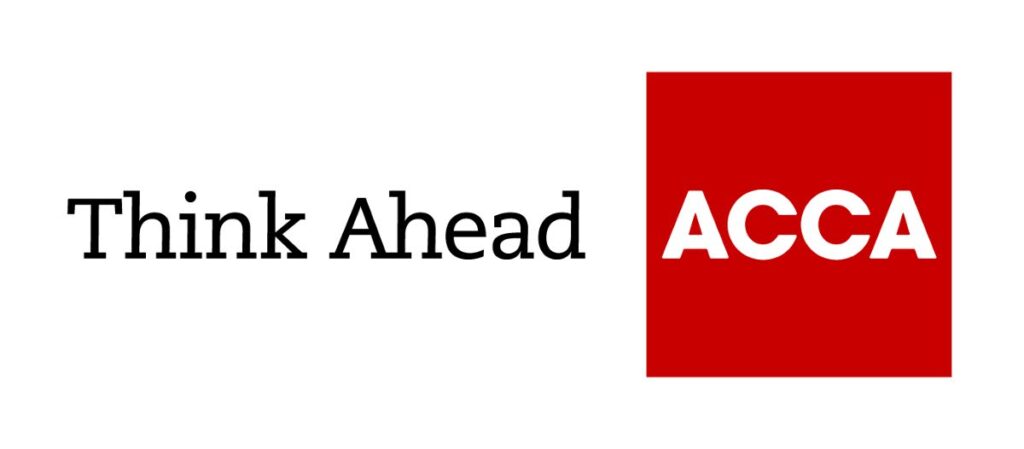How edtech boosts career development


The latest research from ACCA and edX (a leading global online learning platform from 2U, Inc (Nasdaq: TWOU)) explores the post-pandemic role of educational technology, or edtech, and identifies tips and trends for users.
ACCA's report, EdTech: Supercharging careers in accountancy, developed jointly with edX, highlights the "anytime-anyplace" approach to learning that it makes possible. It also details how this flexibility was the most valued edtech attribute in a global survey of over 1,400 learners and educators connected to accountancy.
For learners, it reveals that edtech has the potential to boost career development with the following top tips: leverage the potential of edtech to fit around one’s life; consider the blended learning option and see edtech as an option regardless of life stage or organisational size.
The most frequently cited devices for learning were portable ones, including laptops (88 per cent) and mobiles (eg smartphones) at 72 per cent; with tablets cited by 44 per cent; 52 per cent reported the use of desktops.
These findings have implications for the visual design and delivery of learning content and assessments. Content developers and assessment providers need to ensure their content can be experienced to similar quality across devices.
Alan Hatfield, executive director – content, quality and innovation, comments: "These findings chime with ACCA’s own experiences as we seek to continue driving equitable access globally. Some of our established efforts, such as ACCA-X, offering free ACCA courses online through our partnership with edX, have already shown us the power of technology.
"We also see increasing numbers of our approved learning partners utilising AI and algorithms to better support students and their learning outcomes. We remain excited about the possibilities for the future in this fast-evolving space."
For educators, the research also revealed six key trends in edtech including bite-sized videos, integrated learning and practice, artificial intelligence (AI)-enabled learning and assessment, micro-credentials, gamification and simulation, and augmented or virtual realities (AR/VR), including the metaverse.
Lee Rubenstein, vice president of partnerships at 2U said: "Microcredentials, including boot camps, short courses, and other online and blended credit-bearing learning formats, are increasingly recognised by employers as a means of demonstrating employee qualifications. We are excited to work with ACCA to help leading enterprises across the globe embrace online learning as a credible and widely accepted modality to help employees acquire new skills, pursue career advancement, and contribute to enterprise agility."
While large learning partners were able to invest in the resources for a learning platform, other partners and providers have innovated in various ways, including micro video lessons on various accountancy topics, open-source textbooks, creating custom exam practice software, etc. Digital content, in particular, has gained traction, with 91 per cent of those engaged with edtech reporting use of ebooks or digital content.
However, the research also identified the existence of barriers to the more widespread use of edtech in the future, in particular the digital divide which relates to access to reliable high-speed internet, power and quiet learning places. It concludes with policy-relevant observations from learners and educators for governments seeking to increase engagement with edtech.
Top tips for learners:
1. The most valuable quality of edtech is flexibility, so leverage the potential of edtech to fit around your life and circumstances.
2. Consider the blended option that combines asynchronous (online, on demand) and synchronous (live, whether in-person or online) instruction – it’s the most popular use of edtech amongst those we surveyed.
3. See edtech as an option regardless of stage of life or organisational size – it’s not restricted to younger age groups or large organisations.
Six key trends in edtech:
1. Bite-sized or short-content videos
2. Integrated learning and practice
3. Role of AI and machine learning in learning and assessment
4. Micro-credentials gain traction in professional learning and employment settings
5. Gamification and simulation
6. Augmented or virtual reality/metaverse

Comments
"How edtech boosts career development"